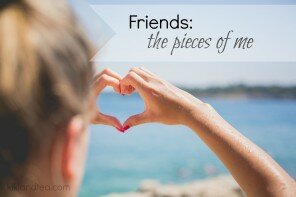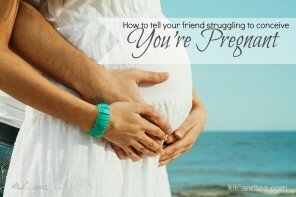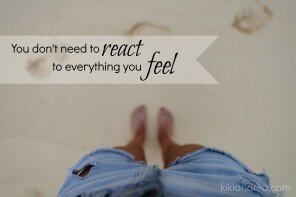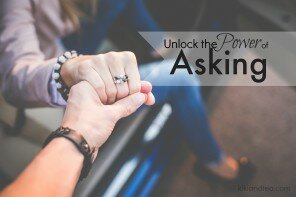
Last week a Dove ad went viral and while Mandi has given her opinion, I wished to give mine. It features a forensic artist drawing a number of “real women” without seeing them – he draws by the women’s description.
The women describe their perceived flaws rather than their best features.
“Tell me about your chin?” the artist asks one woman.
“It kind of protrudes a little when I smile”, she says.
“Your jaw?” he asks another.
“My mother told me I have a big jaw” she replies.
After this first drawing session, the women are encouraged to spend time with each other (including men) and then the artist draws the women based on their peers’ descriptions.
Their peers praise each other’s appearances – citing thinness therefore highlighted cheekbones, thin chin and cute blue eyes.
The women then see the two drawings side by side – their own description creating a less desirable, less beautiful face than their peer’s description. The women are genuinely moved when they see the reveal – and I sense a twinge of guilt for being so hard on their own perception of appearance. We are our own worst critics.
But it is because we are often our own worst critics, it means we are also the worst critics of other women. Maybe in Dove Real Beauty adland, 100% of women commend their peers’ beauty. But in real life, including non Dove product adland, women criticise other women in the form of body shaming, and feel the need to conform to society’s beauty ideals because ads and mags tells us how to look.
The women in the ad were also pleased hearing their peers speak of them so positively. Perhaps they too were surprised, because it doesn’t happen often. Seeing the women pleased by peer feedback heightens the notion of the need for women to be seen as beautiful by their peers.
A couple of weeks ago I was having a conversation with two women who I only regard as acquaintances. They were talking about dress styles they like. The conversation went onto seeing other women in the street. “I see some of the young girls around and feel sorry for them”, one of my acquaintances said. “This girl, she had a nice little outfit on, short skirt, big shoes, great body. And then she turned around and I thought ‘you would be so much more attractive if you just had a different face'”. And of course I spoke up, pointing out that it’s poor form to be thinking of this stranger’s appearance many hours, even days, after encountering her, and then raising it in conversation. Things got awkward at that stage. And I thought, this is why women have a body image problem. Because it’s women who discuss other women.
I think the ad tries hard to promote positive body image. There are a range of women – ages and colours – though there is not huge diversity – I’d like to have seen a larger lady and a disabled lady there too. The ad’s message still emphasises the importance of looking beautiful.
The heart of the message still focuses on outer beauty being integral to happiness and success. “It [beauty] couldn’t be more critical to your happiness”, participant Florence says.
Florence also says “I should be more grateful of my natural beauty. It impacts the choices we make in the friends that we make, the jobs we apply for, how we treat our children. It impacts everything.” The only positive message I’m getting from that she has reevaluated how she may talk to her children about positive body image.
“Imagine a world where beauty is a source of confidence not anxiety” is the Real Beauty campaign’s tag line. I imagine a world where a woman is confident as a whole person, not just because of their outer appearance.
Do you think women are their own worst critics? What about each other’s? Do you think we put too much emphasis on how we look?








Pingback: This Week: 20 Years, Happily Unmarried | KiKi & Tea()
Pingback: Kobiece ciało. Jak normalność stała się viralem. | Marketing w pigułce()